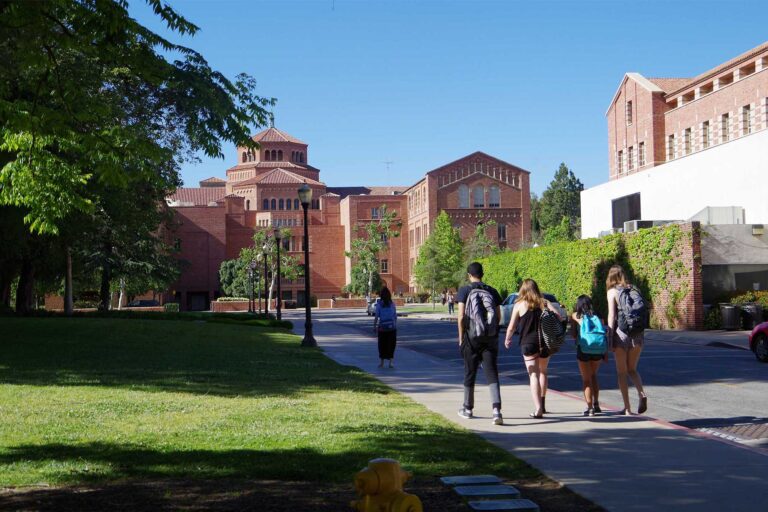In response to significant delays in the Free Application for Federal Student Aid system, California lawmakers have taken decisive action to ensure that prospective college students have ample time to apply for crucial financial aid programs. The glitch in the federal application system threatened to block up to 100,000 individuals from accessing vital financial assistance, prompting the California Legislature to extend the application deadline for state aid programs.
California, known for its robust support for higher education, offers various financial aid programs to help students afford college tuition and expenses. Among these programs are the Cal Grant program and the Middle Class Scholarship, both of which play a vital role in expanding access to higher education for Californians from diverse socioeconomic backgrounds.
The extension of the application deadline, initially moved from March 2 to April 2, has now been further extended until May 2 through legislative approval. This extension provides crucial relief to students and families grappling with the challenges posed by the FAFSA glitch. Assemblymember Sabrina Cervantes, the author of the bill facilitating the deadline extension, emphasized the importance of supporting students during this challenging time.
The FAFSA glitch, which prevented parents without Social Security numbers from completing the application, disproportionately affected students whose parents are U.S. citizens or permanent residents but lack a Social Security number. This technical barrier hindered these students from accessing California’s state aid programs, exacerbating financial hardships and impeding their educational pursuits.
While the U.S. Department of Education has since resolved the glitch, the repercussions of the delay persist, leaving affected families at a disadvantage in the financial aid application process. The timing of financial aid applications is critical, particularly in states where aid is awarded on a first-come, first-served basis. The delay in submitting FAFSA applications could potentially deprive students of crucial financial support, hindering their ability to enroll in college.
The proactive response from California lawmakers underscores the state’s commitment to equity and access in higher education. By extending the application deadline, policymakers aim to mitigate the adverse effects of the FAFSA delay and ensure that all students have an equal opportunity to pursue their educational aspirations.
However, concerns remain about the broader impact of the FAFSA glitch on college enrollment rates, particularly among low-income and marginalized communities. The uncertainty and confusion surrounding the application process may deter prospective students from pursuing higher education, perpetuating disparities in access and attainment.
California’s decision to extend the deadline for student financial aid applications reflects a commitment to supporting educational equity and opportunity. As the state continues to navigate the challenges posed by the FAFSA delay, policymakers must remain vigilant in addressing the needs of students and families affected by these disruptions. By prioritizing access to financial aid and removing barriers to higher education, California can uphold its legacy as a leader in promoting educational access and success for all.
